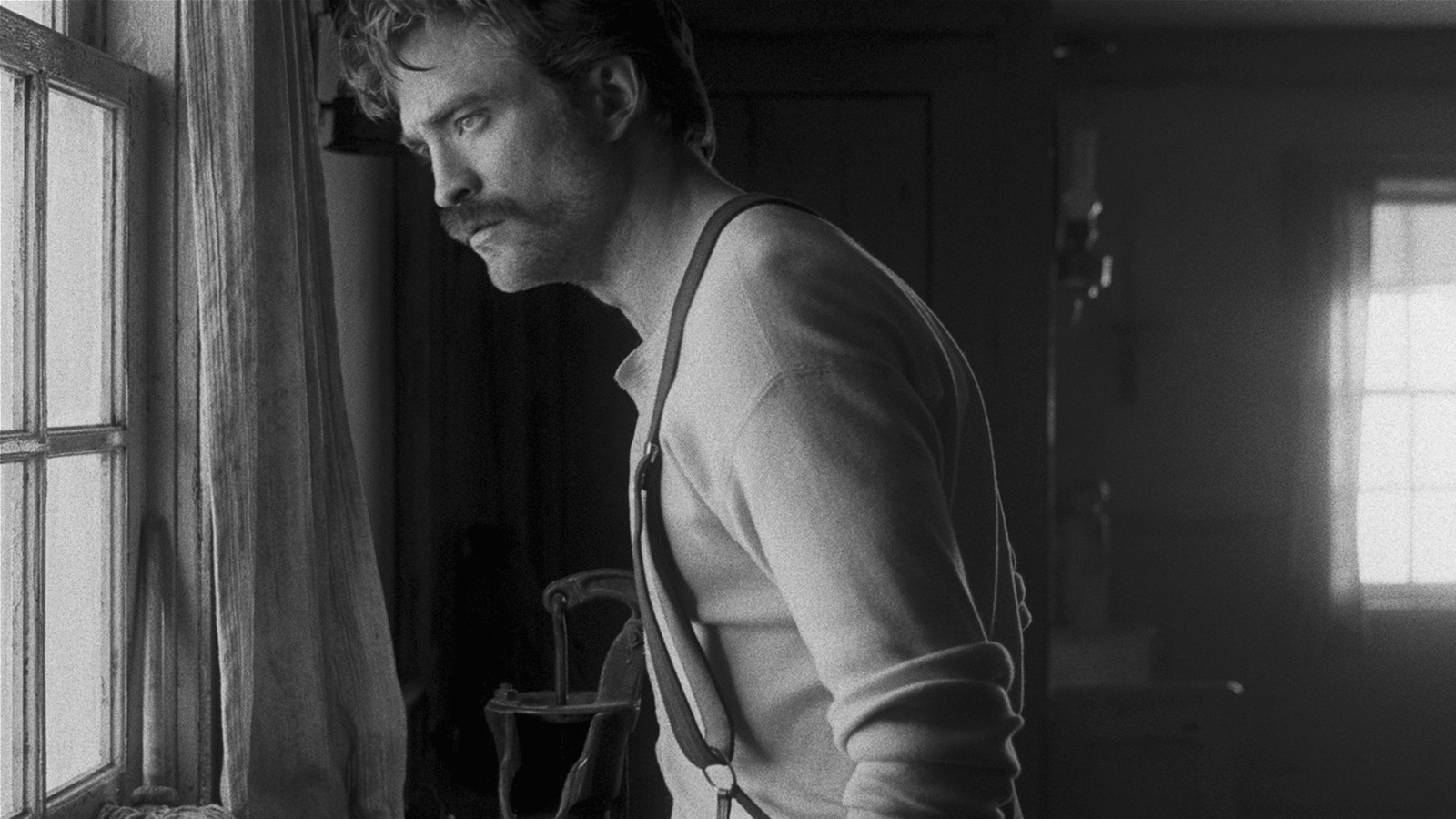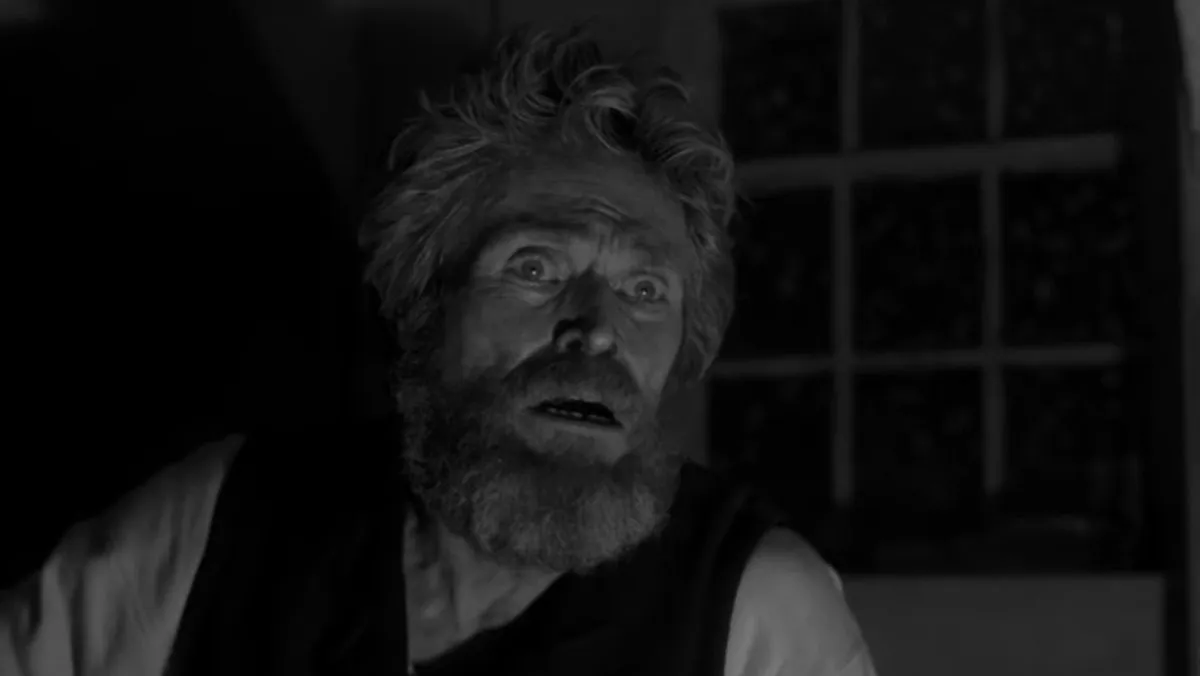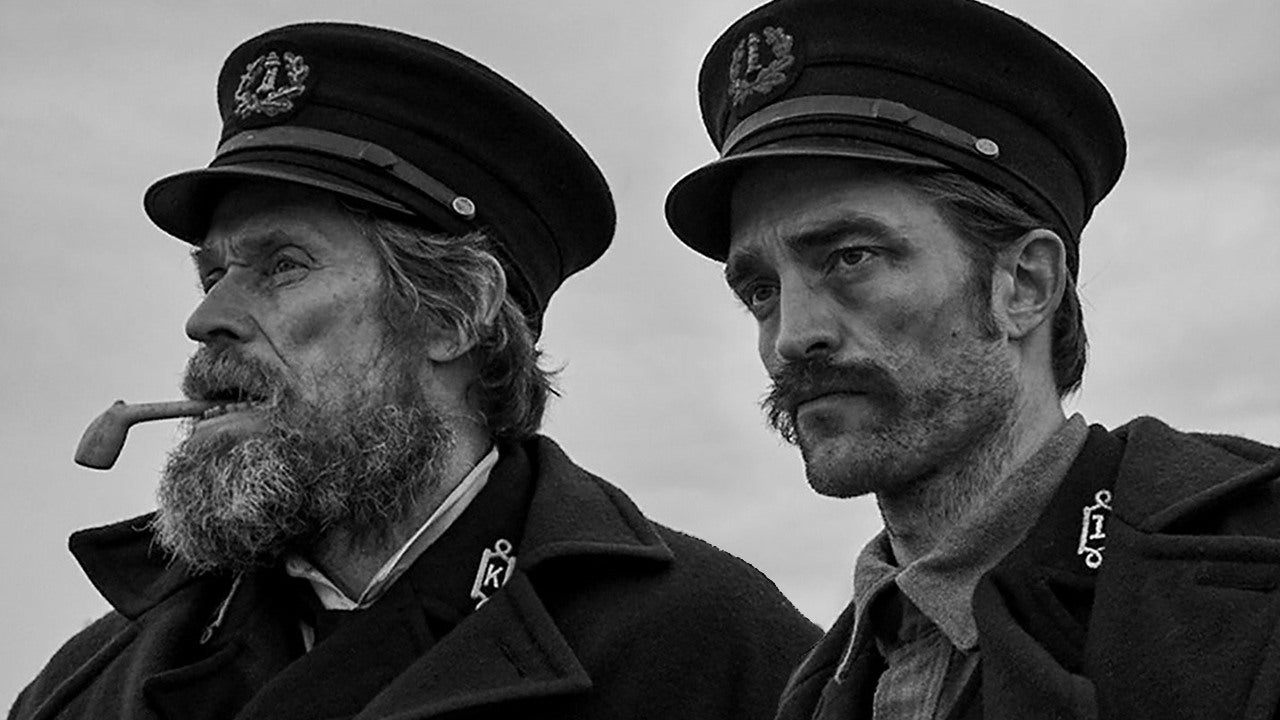In Greek mythology, Prometheus was punished for stealing fire, symbolizing mankind’s pursuit of knowledge at great cost. “The Lighthouse” ends with a similar theme as Ephraim Winslow’s (Robert Pattinson) lifeless body lies on the beach, eaten by seagulls. The haunting image symbolizes his downfall, echoing Prometheus’ eternal punishment.
The film, directed by Robert Eggers, is layered with allegory, interlinking symbols that reflect a descent into madness and self-destruction. As Winslow’s fate unfolds, the film offers a nuanced commentary on the human condition and the costs of overreaching ambition.
Set on a remote island, the lighthouse becomes a claustrophobic prison for the two men. Winslow and Wake (Willem Dafoe) must manage the lighthouse, yet their relationship is tense from the start. Wake exerts power over Winslow, forcing him into menial tasks, and creating a rift between them.
As the days pass, this isolation intensifies their psychological strains, revealing raw, vulnerable emotions. The setting fosters a tension that climaxes with the unraveling of their fragile bond, blending existential despair with the creeping madness of total isolation.
The core of “The Lighthouse” lies in the power struggle between Wake and Winslow. While Wake is an experienced keeper with arcane knowledge, Winslow is a newcomer eager for recognition. This disparity fuels constant conflict, where even minor disagreements escalate into violence.
The men’s bickering grows darker, fueled by alcohol and suppressed desires. Eventually, Winslow overpowers Wake, asserting dominance for the first time. His violence culminates in the murder of Wake, before reaching the forbidden light at the top of the lighthouse, where knowledge beyond comprehension awaits.

Hubris and Its Consequences
Winslow’s eventual fall mirrors the myth of Icarus, who flew too close to the sun in his hubris. “The Lighthouse” invites multiple interpretations, reflecting themes of overreaching ambition. Like Prometheus, Winslow dares to access forbidden knowledge, leading to catastrophic consequences.
The knowledge he seeks, hidden at the top of the lighthouse, is a power that, once obtained, is beyond human comprehension. The film punishes Winslow for his hubris, illustrating the dangerous allure of transcending one’s limits and the grim repercussions of such transgressions.
A Freudian interpretation of “The Lighthouse” reveals a psychological battle between the id and the ego. Wake represents the “id,” acting on base desires without regard for societal norms. In contrast, Winslow embodies the “ego,” attempting to reconcile his urges with a moral identity. This tension reaches its peak as guilt triggers a violent repression of Wake’s authority.
Winslow’s guilt manifests in sexual undertones and homoerotic dynamics with Wake, revealing the internal struggles both men face. As the psychological battle intensifies, madness consumes both, driving them to a tragic conclusion.
Guilt, repression, and identity form the backbone of “The Lighthouse.” Winslow’s evolving sense of self is shaped by his repressed emotions, including guilt over past actions. His dynamic with Wake evolves from antagonistic to intimate, reflecting the fragile balance of human relationships.
Sexuality and identity intertwine in their interactions, suggesting deeper psychological undercurrents. Winslow’s search for redemption and clarity leads him to confront his past, but the journey only deepens his internal turmoil. The film explores the complexities of identity formation amidst guilt, desire, and repressed emotions, ultimately revealing the cost of self-realization.

Symbolism of the Seagulls and Guilt
The seagulls play a critical symbolic role in “The Lighthouse,” representing guilt and retribution. Early in the film, Wake warns Winslow not to harm the birds, as they are believed to house the souls of lost sailors. Winslow, however, kills one in a fit of rage, sealing his fate. The seagull’s death triggers a series of disasters, as the wrath of nature is invoked.
The seagulls mirror the albatross in Samuel Coleridge’s poem, representing the burden of guilt that can never be escaped. The metaphorical noose of guilt tightens around Winslow, leading to his eventual demise.
Ultimately, “The Lighthouse” explores the intersection of Eros (desire) and Thanatos (death), illustrating the inevitable consequences of grappling with forbidden knowledge and guilt. Winslow’s fate is tragic but inevitable, the result of his desire to transcend his circumstances and claim control over his life.
As he perishes, the film suggests that identity is shaped by our actions and the emotional burdens we carry. The lighthouse, with its blinding light, represents the ultimate truth—one that is both illuminating and destructive. Winslow’s death by seagull reflects the price of challenging nature and the immutable forces that shape human destiny.



